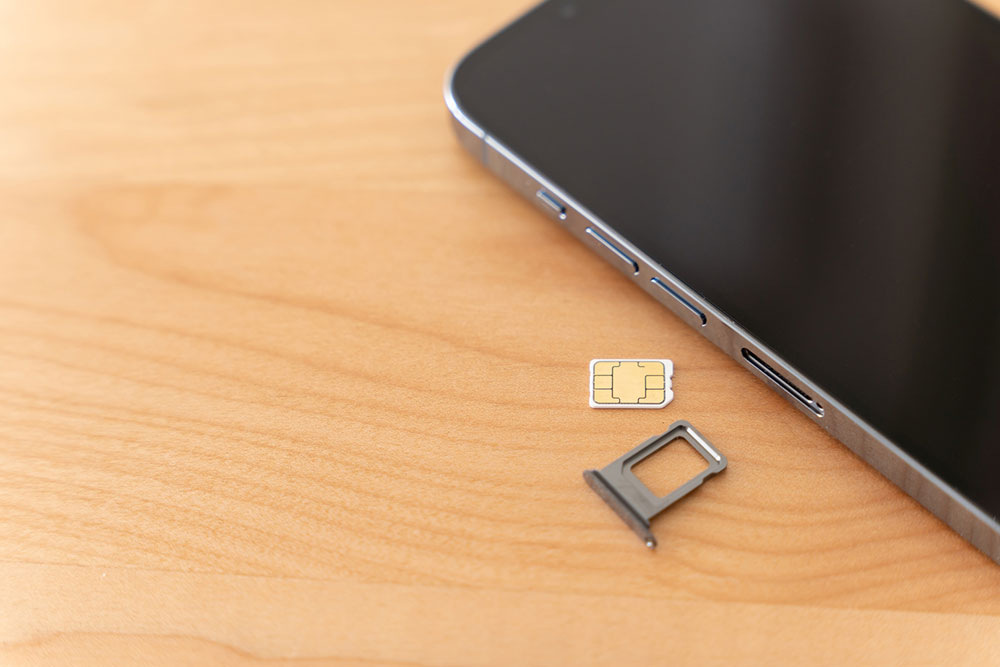5 Pitfalls to Avoid While Switching Phone Carriers

For those looking to switch phone service providers, navigating the process smoothly to ensure a hassle-free experience is important. By avoiding common pitfalls, one can save time, and money. Switching to a new provider with better data and call plans can be a great option to reduce cell phone bills, but it’s essential to be cautious and avoid unnecessary expenses. In this article, we’ll discuss some of the most critical pitfalls to watch out for when changing phone service providers.
1. Not knowing the amount of data required
It is easy to give in to the luring advertisements for limitless data plans. But does one consume the data? Well, the fact of the matter is that many people do not know their monthly data usage on cell phones. The typical average American user consumes 12GB of data per month, so an unlimited plan might not be the cost-effective option for many. Therefore, it is advised to review past cell phone bills and data consumption habits to determine the average monthly data usage. This will help one find a plan that offers the right amount of data, neither too much nor too little, and maximize the savings.
Also, be wary of the “size-up trap.” While it may seem like a good deal to purchase an extra 2GB of data for $10, if one doesn’t use it, one might end up paying more than required. So, research and choose a plan that fits the data usage habits to avoid overspending on cell phone bills.
2. Purchasing extra features
People are unaware of the costs that come with their cell phone plans. Therefore, it is important for everyone to assess the value they are getting for their hard-earned money, especially since the average American spends over $1,000 per year on their cell phone bills.
Ensure the new plan doesn’t include unnecessary services that one already has access to or doesn’t need, such as roadside assistance or cloud storage.
Additionally, when plans offer data-free (zero-data) streaming possibilities, one is not required to pay for additional data. Frequently, one can stream movies and music without using up all of the cellular data from carrier partners’ websites like DirecTV, Spotify, and Pandora.
3. Ignoring budget operators
Most people do not search for alternative carriers and stick to the four big carriers: AT&T, Verizon, Sprint, and T-Mobile. While using the same infrastructure and towers as the larger carriers, several smaller mobile carriers (MVNOs) and prepaid carriers operate at much lower costs.
For instance, H2O Wireless is an attractive option for those looking to save money on their phone service because it provides more data at a lower price than Verizon’s internet offerings. Conversely, Verizon has a great network and service, so it’s a safe bet for anyone looking for high-end connectivity at affordable pricing.
Additionally, certain carriers, including US Mobile and Ting, specialize in “build your own” plans that let customers choose the call, text, and data buckets. These smaller carriers offer significant cost savings for people who simply need a cell phone as a backup in an emergency situation or who want to provide their kids with a data-free, internet-free phone alternative.
4. Ignoring hidden charges
Despite the listed monthly price being a good deal, some providers will add extra fees and charges to the bill. These include activation fees, SIM card charges, and administrative fees. Examine the cost breakdown with great care to get an idea of the total price tag associated with the new plan.
5. Not porting the number correctly
One of the most important considerations when moving carriers is frequently maintaining the current phone number. One can easily switch to a new carrier with the same number; this process is called porting. If one fails to follow the correct porting process, there’s a high chance that one won’t be able to retain the current phone number. It’s crucial to ensure that the porting is done correctly to avoid losing the phone number. Contact the new service provider to learn about the porting procedure and to ensure a smooth transition, as one will be required to submit crucial personal information like account number, PIN or password, and ID cards.
Conclusion
It’s essential to avoid traps while switching phone service providers. This is extremely important when considering Verizon phone plans and bundled choices like Verizon internet services. Make sure one thoroughly researches the plans, comprehends the conditions of the contract, and evaluates network coverage around one’s location. By avoiding these hazards, one can get through the process hassle-free and take advantage of Verizon’s phone plus internet services, dependable connectivity, and offerings.






